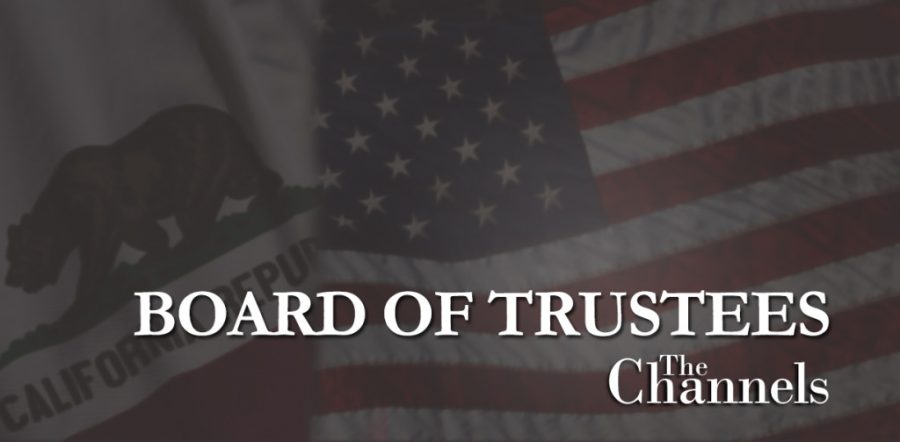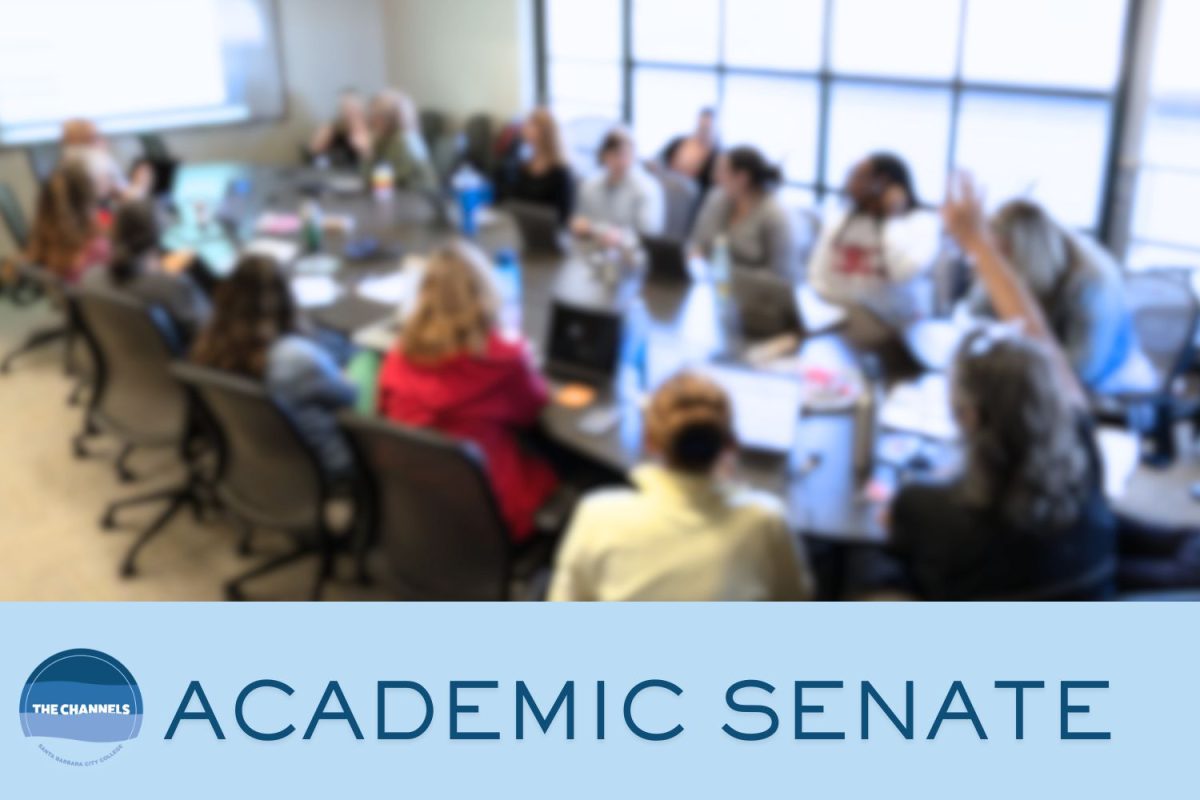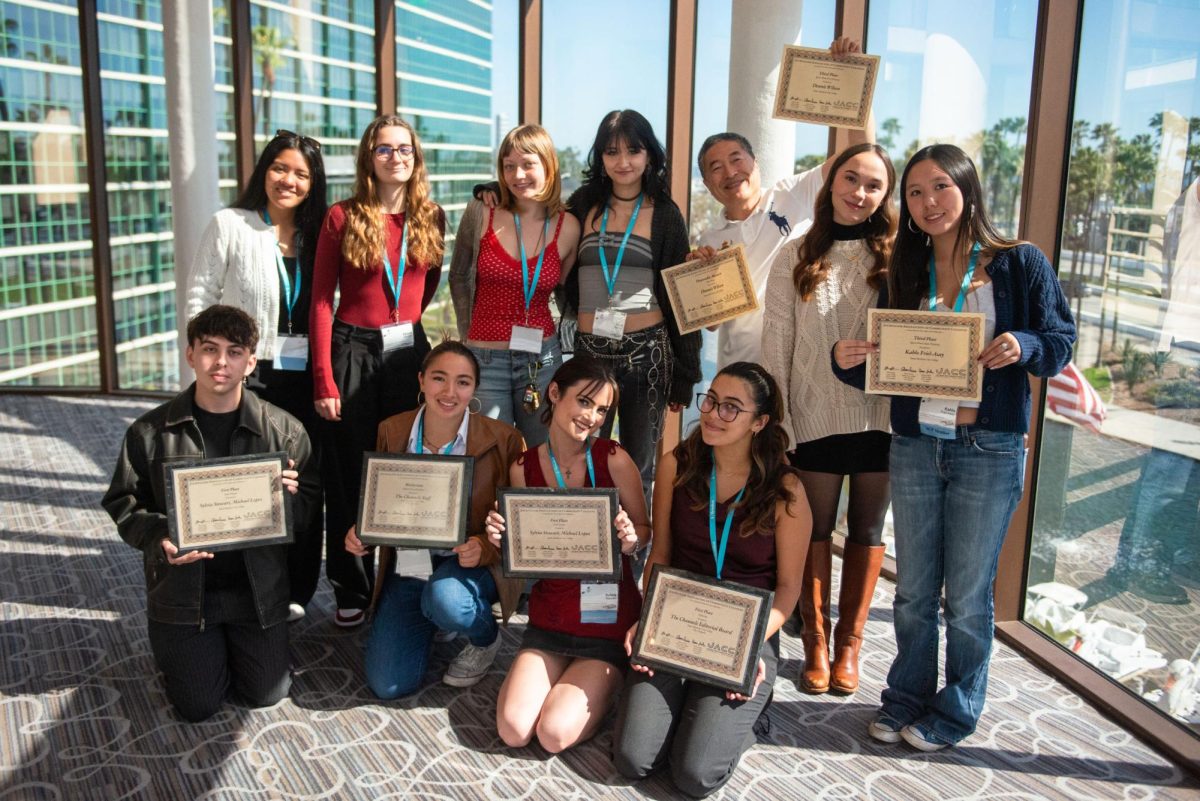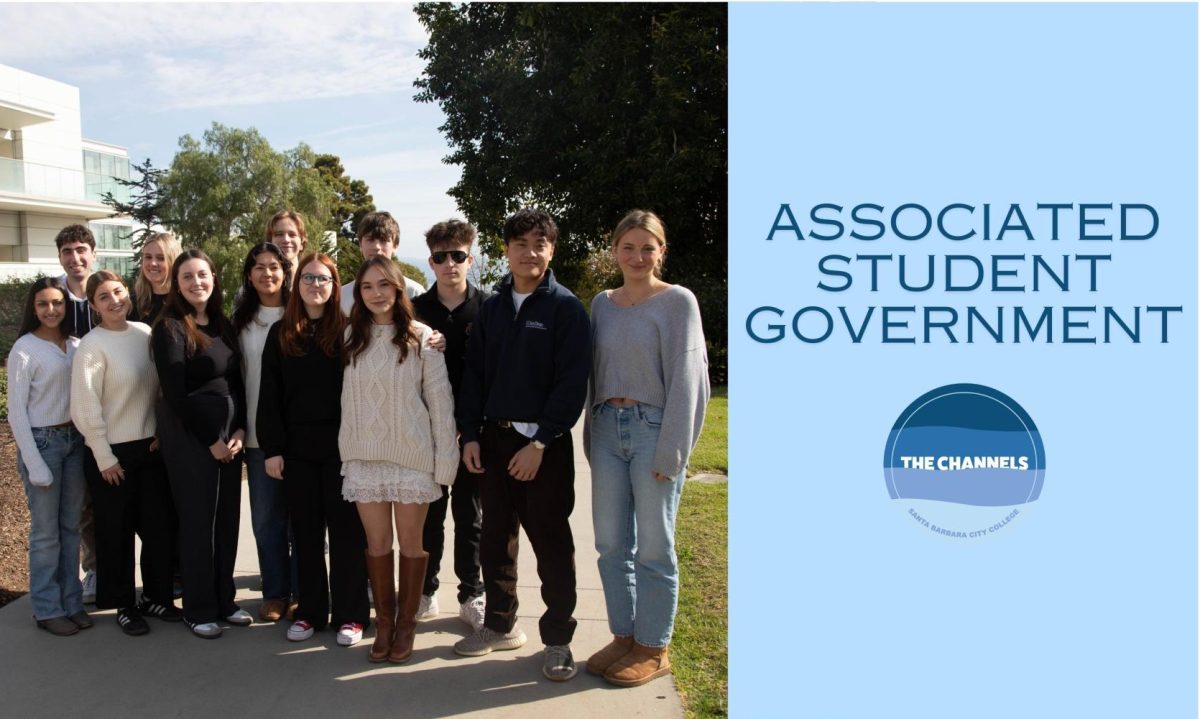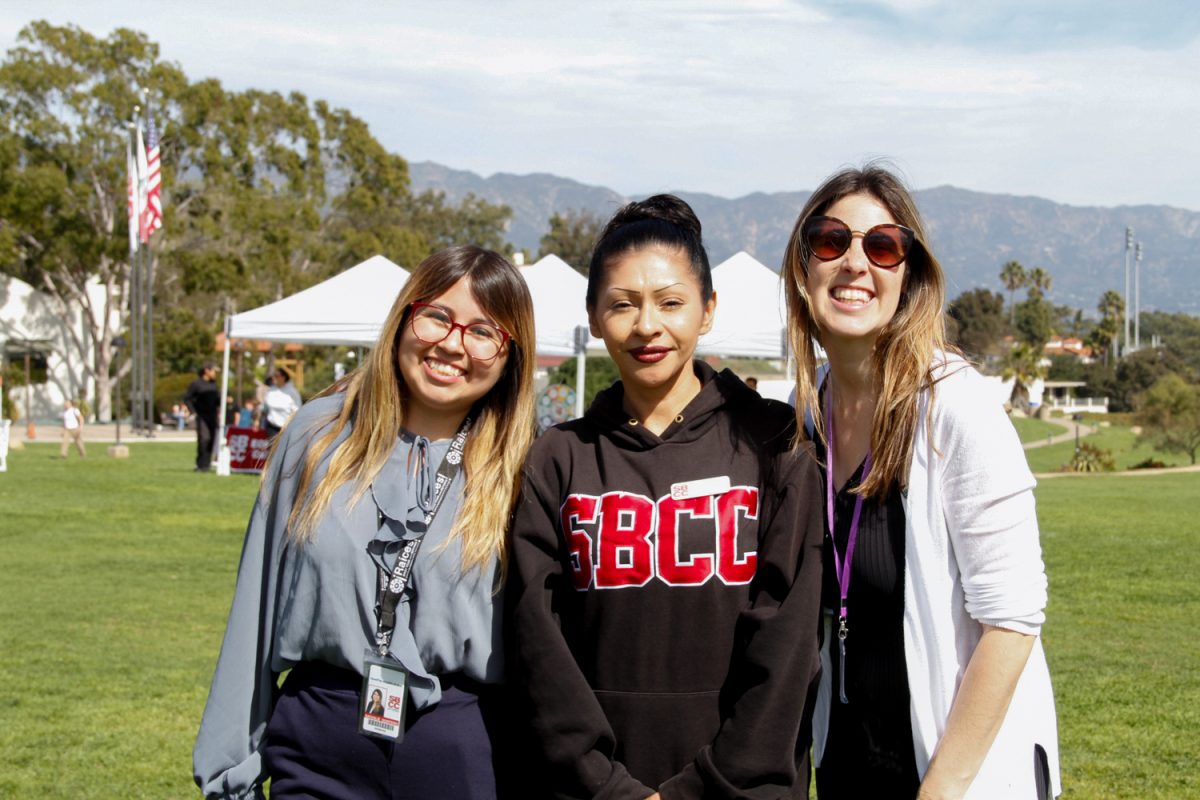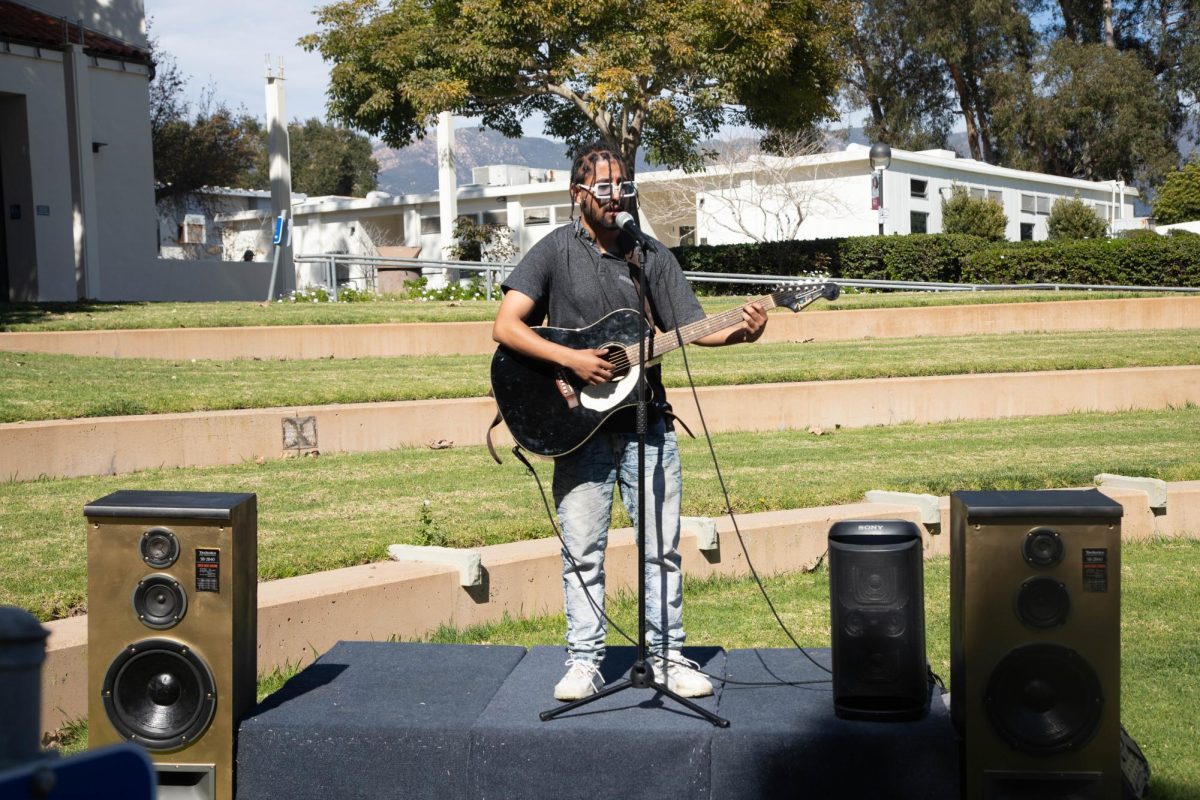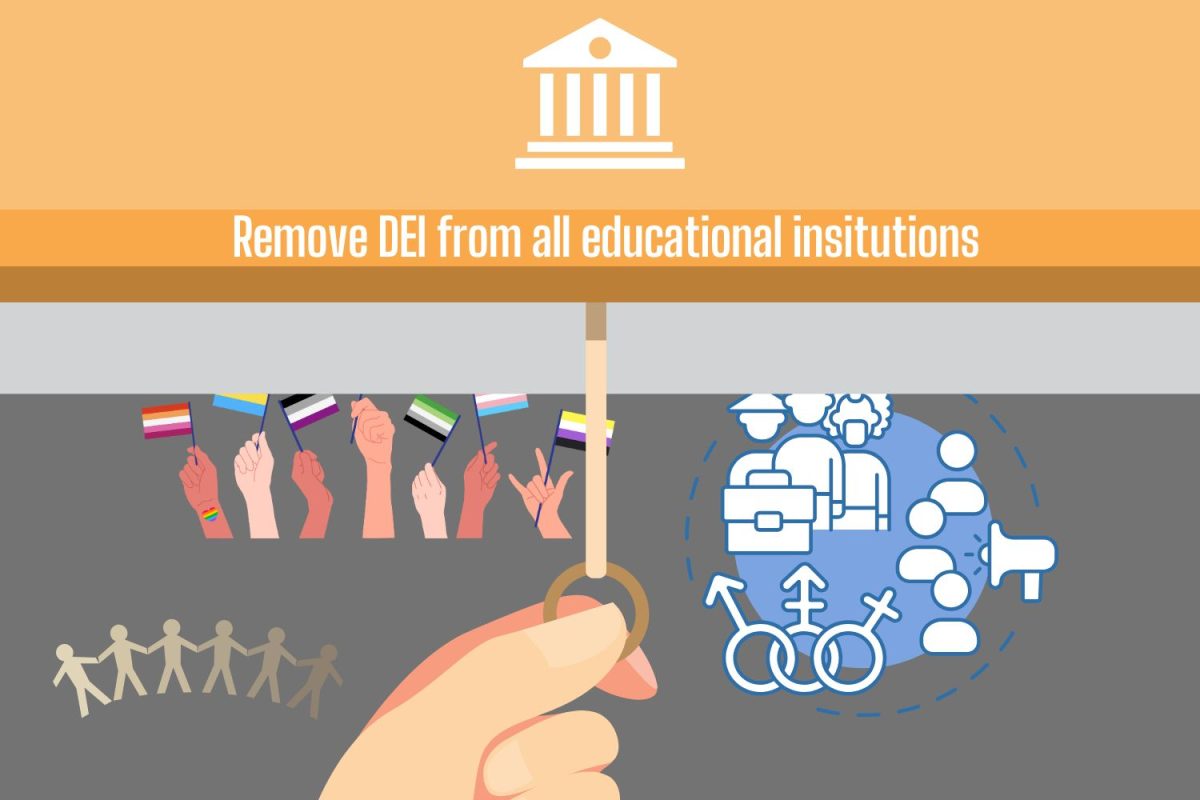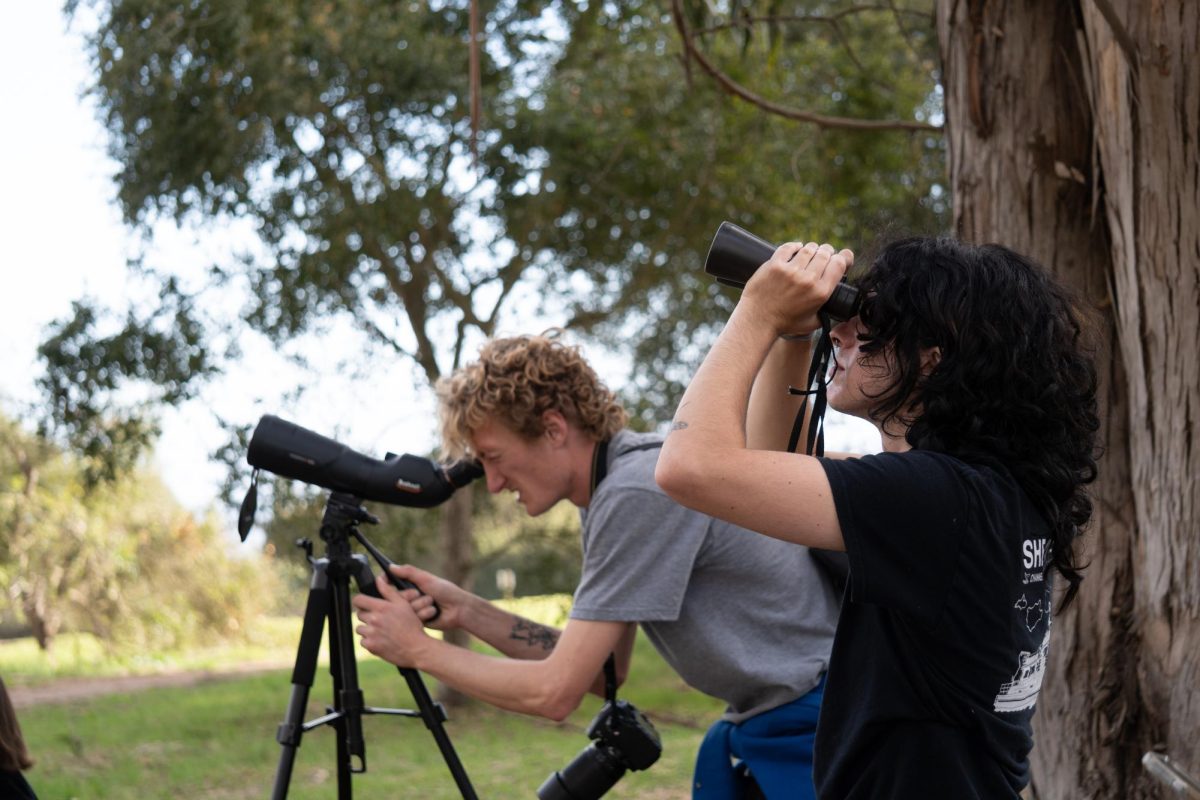Seven out of eight investigated campus racism incidents sparked debates Thursday after they were found to be unsubstantiated, but they also brought attention to the college’s poor response system to these types of complaints.
Legal counsel Craig Price attributed much of the issues investigating the incidents to a failure to report them in a timely manner.
“Without prompt reporting, the college is limited in its ability to ascertain the facts, potentially identify perpetrators, and take remedial measures,” Price wrote in his report. “Further, in some cases, after the college belatedly became aware of the incidents, the complaining staff or students declined to be interviewed.
“A meaningful search for the truth requires the cooperation of the affected individuals.”
One particular incident that sparked debate was when a black student was asked to leave the Learning Resource Center by a staff member because he “was not a student,” though he was there using the computer for his student orientation.
Price said that an investigator looking into this case found no evidence of the staff member’s motivation for calling security being influenced by the student’s race.
Many felt that this incident was an example of implicit bias, a form of bias that is influenced by stereotypes, and affects our actions and worldview unconsciously.
Trustee Peter Haslund alluded to this, saying that though institutional racism is hard to prove, he is aware that it exists.
“I for one would be surprised if there was a finding that we did not have institutional racism on campus,” he said. “There’s no specific instances that we can prove with rules of law, but I know they’re there.”
He called the incident in the Learning Resource Center a “below the conscious level example of racism.”
Many community members were upset by this report, feeling as though the results imply that racism is not an issue on campus.
Damian Clogher, an engineering student at City College, gave additional examples of instances of racism on campus. Clogher said the board’s lack of action at the Feb. 14 meeting, when a man said the unabbreviated n-word during public comment, showed its compliance.
“If you don’t speak out against it you give it your approval,” Clogher said.
He also briefly addressed the recent pledge controversy.
“If you were willing to stop saying the pledge because you thought that’s what black students wanted,” Clogher said, “…then I hope that you’ll listen to what they are actually asking for.”
Community member Simone Ruskamp said that the report not only lacked critical information, but contained false information.
“What was reported to you all was that the first time people were hearing about it was at the board meeting. But that was untrue,” Ruskamp said, referencing an incident in the library where two students were called the n-word. “The first time those two students talked about it in a public setting they reported it to top administrators at this college only three days after the incident had occurred.”
Ruskamp named Director of Equity Luis Giraldo, Vice President Pamela Ralston, Dean of Students Christopher Johnson and Dean Arturo Rodriguez as all being present for this meeting.
After Ruskamp, Price took the podium to say that all college employees are mandated reporters, and the decision to report cannot be left to someone else.
Trustee Jonathan Abboud said that despite the report concluding that many of the instances of racial discrimination were unfounded, it was not the “be all end all” of the board’s decision to take action against racism on campus.
He explained that because the report was legalistic it might not be fully comprehensive.
One of the plans of action is a resolution Trustees Abboud and Parker have created, that would help create a more comprehensive anti-racism plan by working with students, staff and faculty, and having a clear line of action.
Many members of Showing Up for Racial Justice spoke about the demands of black faculty, staff and students.
Kim Paszkeicz, a member of the group, said that trust needs to be rebuilt among black faculty, students, and the board.
“Since this is a community college, it is critical that the impacted parties feel like they are equal part of SBCC,” Paszkeicz said. “You need some clarity for how you are going to address this climate on campus.”
As discussion regarding the resolution began, Trustees Abboud acknowledged that many things were going to be done before the resolution’s deadline in May. He suggested a “campus climate survey” that would help get a better understanding about how students feel about what has been transpiring in recent months.
Shortly after, Trustee Veronica Gallardo recommended that the resolution not go forward. She explained that as a board it is their duty to be non-partisan and protect the college.
“My hope is that we would help our college community and our external community lead peaceful and quiet lives,” Gallardo said. “That we are not meddling and regulating every aspect of their processes.”
As soon as she spoke those words, several members of the audience began rumbling with protests, some even shouting out briefly before being gavelled by Trustee President Robert Miller.
Trustee Gallardo then immediately moved that they be removed from the meeting, rescinding the motion minutes later as the audience became quiet.
The meeting concluded soon after, many having left as the meeting had gone late into the night.
The board will reconvene at their next meeting on March 14.


